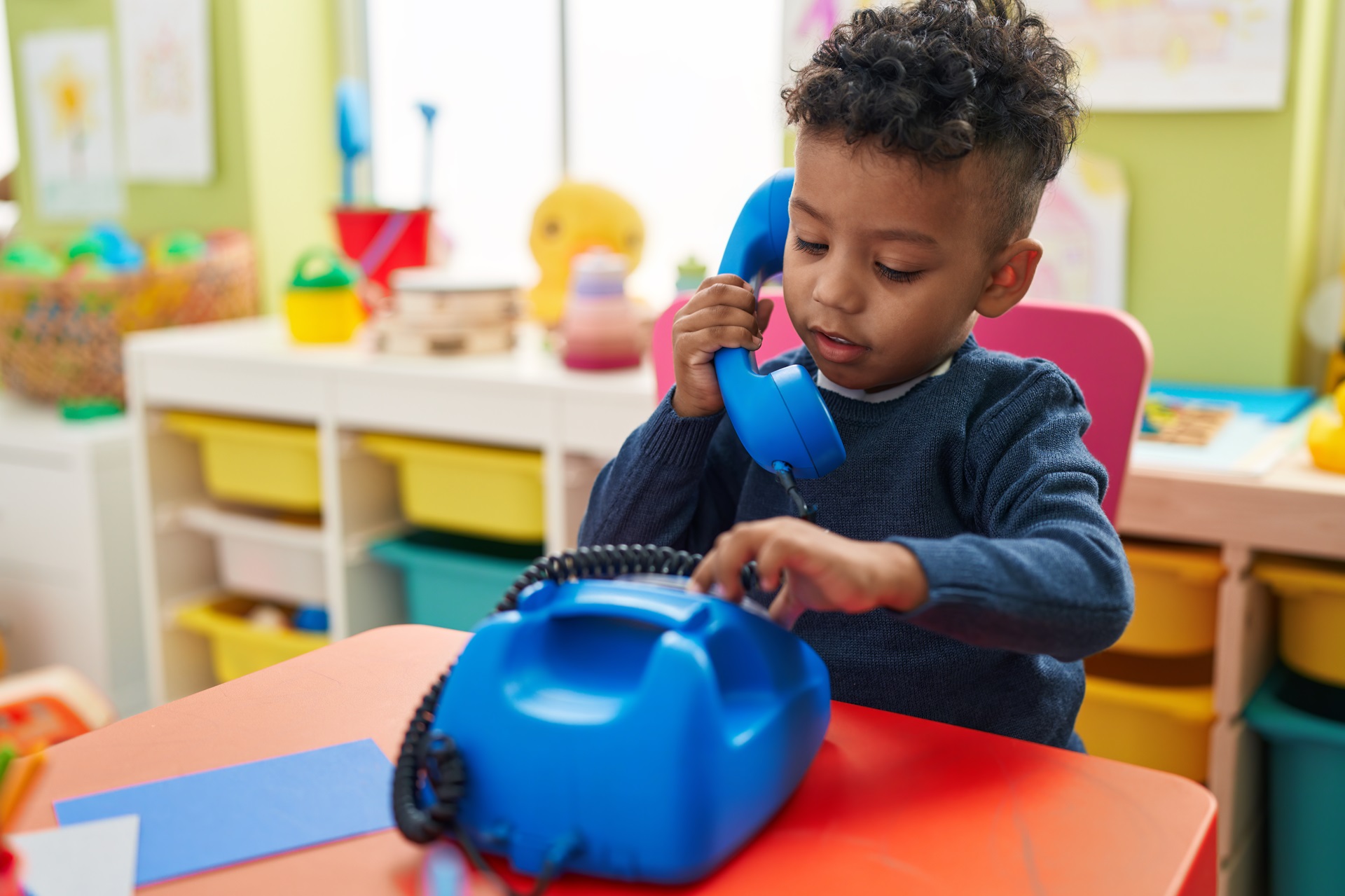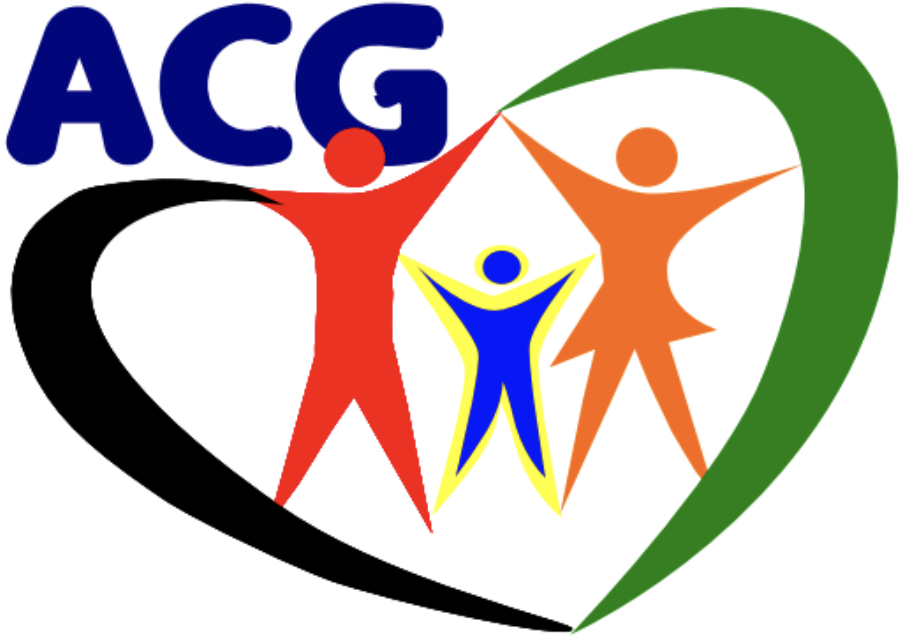Speech Therapy
Helping you implement effective interventions to improve your child’s behavior.
Speech Therapy
In speech-language therapy, a Speech-Language Pathologist (SLP) collaborates with a child either one-on-one, in a small group, or within a classroom setting to address communication challenges. Therapists employ a variety of strategies, including:

Language intervention activities
The SLP engages with a child through play and conversation, utilizing pictures, books, objects, or real-life situations to promote language development. The therapist may model appropriate vocabulary and grammar while employing repetition exercises to strengthen the child's language skills.
Articulation therapy
Articulation, or sound production, exercises involve the therapist modeling correct sounds and syllables in words and sentences for the child, often during play activities. These activities are designed to be age-appropriate and tailored to the child's specific needs. The SLP demonstrates how to produce certain sounds, such as the “r” sound, and may also guide the child on how to position their tongue to create specific sounds.
Oral-motor/feeding and swallowing therapy
The SLP may incorporate a range of oral exercises—such as facial massage and various tongue, lip, and jaw exercises—to strengthen the muscles of the mouth for eating, drinking, and swallowing. Additionally, the SLP might introduce different food textures and temperatures to enhance a child's oral awareness during mealtime and swallowing activities.
